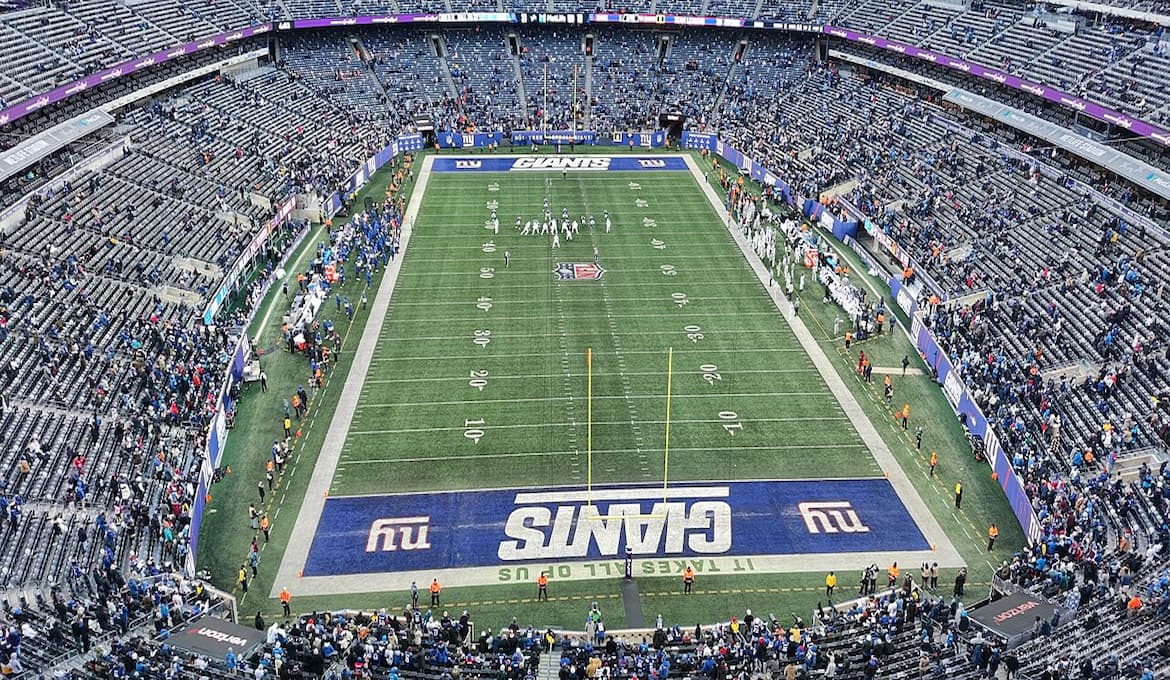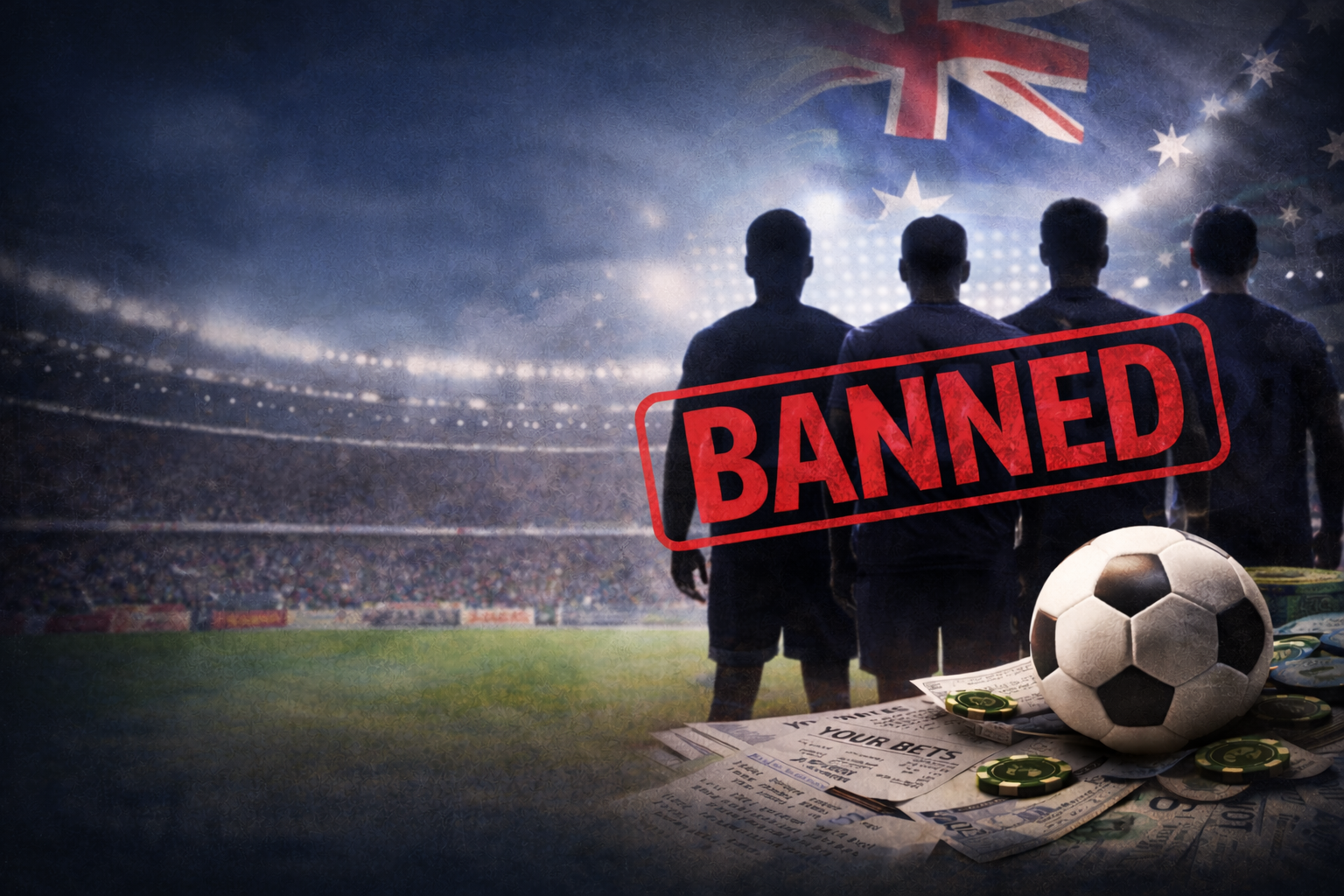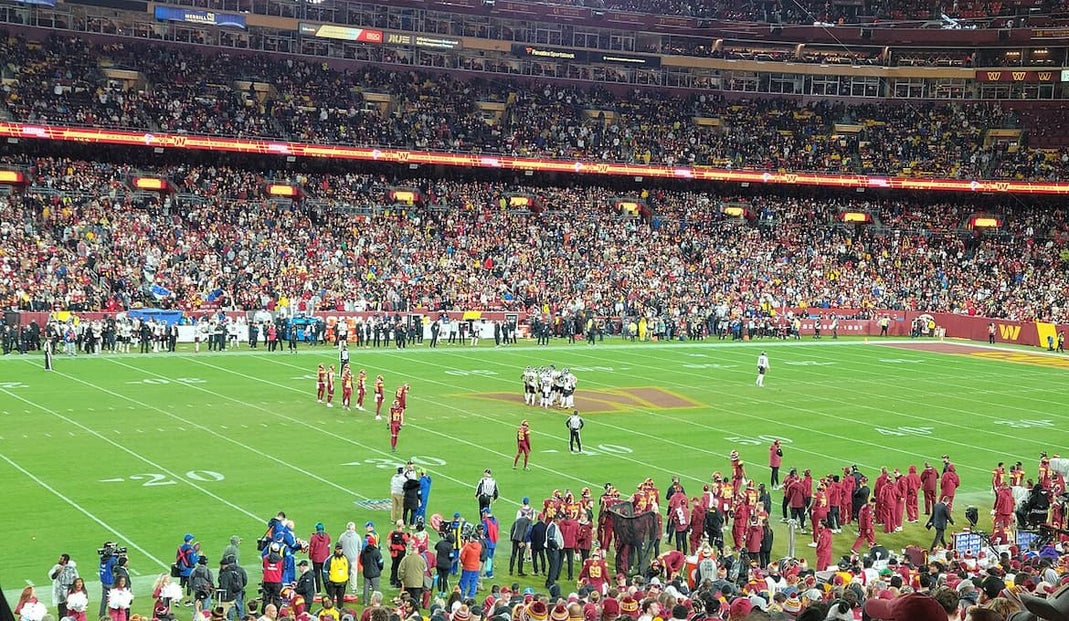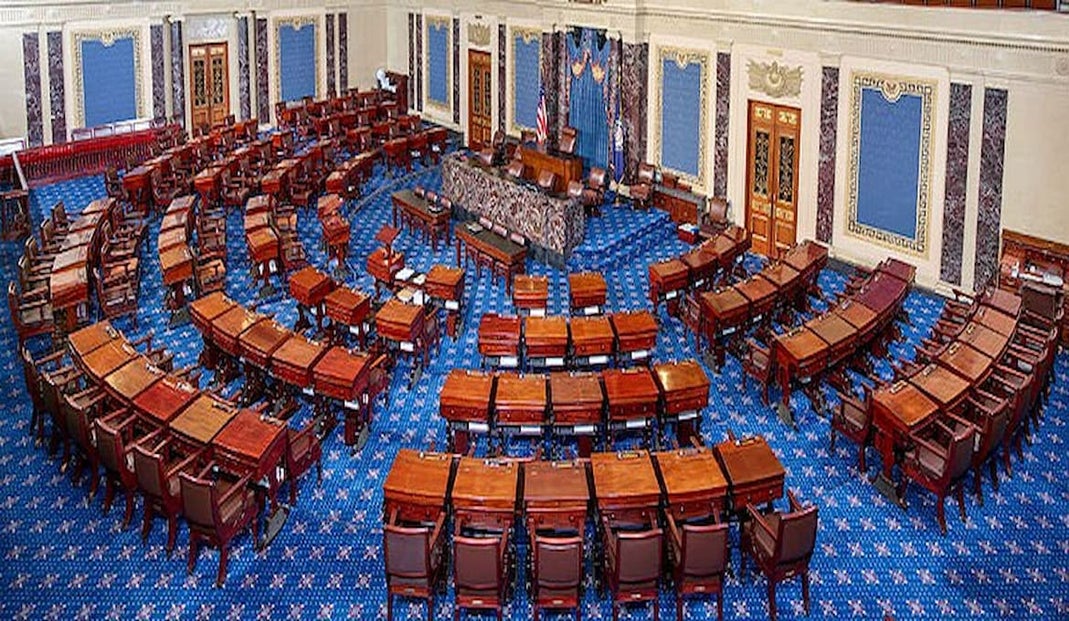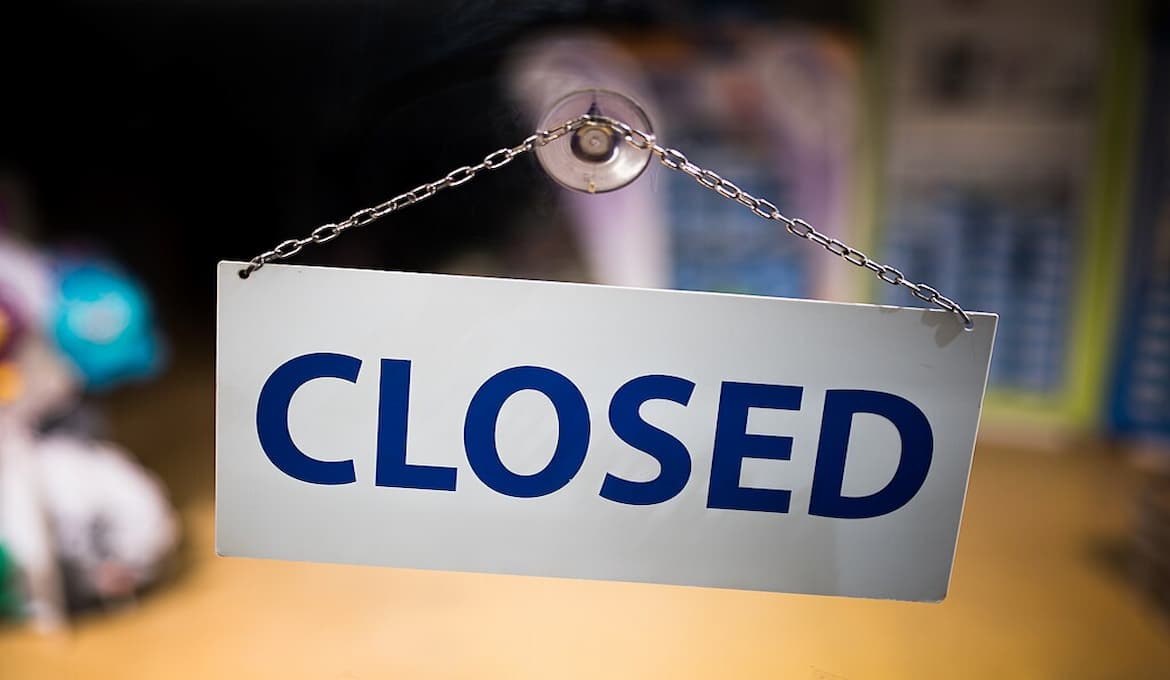Practice Gives Sportsbook an Unfair Advantage
Bores and other lawmakers argue that limiting bettors is creating an uneven playing field. It creates a situation where hot bettors are unable to maintain their streaks due to limits that can drop to below $1. However, if that same bettor begins to lose several bets in a row, no limits are put in place.
Critics of the practice have also pointed out that sportsbooks like to include the thrill of winning big from a hot streak in their advertising. With sportsbooks already able to limit bettors without explanation, those hot streaks are incredibly difficult, if not impossible, to achieve.
Sportsbooks Won’t Take Act Lightly
The sports betting industry has been relatively quiet regarding the Fair Play Act, but that won’t last for long. Operators continue to insist that the ability to limit winning bettors is a crucial tool for protecting revenue. They claim that this allows them to offer better odds and promotions, which benefits all customers.
Last year, the Massachusetts Gaming Commission (MGC) attempted to hold a roundtable with sportsbook operators to discuss how and when they limit bettors. None of the operators the regulator invited showed up, claiming they didn’t want to share trade secrets in public. This was an embarrassment for the MGC, which was stuck with a room full of people and no sportsbook representatives present.
The fact that sportsbooks were willing to publicly humiliate a state regulator over limiting bettors highlights the importance of the topic. Expect to see a similar effort in New York as the Fair Play Act is reviewed.
Limiting Bettors Could Hurt Industry
While sportsbooks continue to insist they need the ability to limit bettors, it could soon come back to haunt them.
The rise of sports prediction markets has been a significant threat to the sports betting industry. While those platforms have not offered the lower pricing they promised, they also do not limit their customers. That means getting on a hot streak using Kalshi could yield far more profits.
While most bettors aren’t aware of or don’t care about limiting bettors, the Fair Play Act has thrown the practice into the public spotlight. That could resonate with sportsbook customers and lead them to spend their money with sports prediction operators


